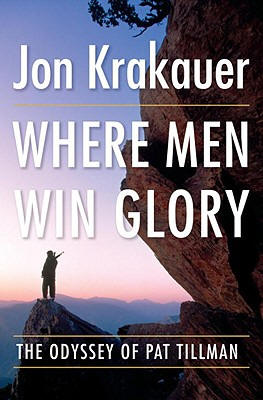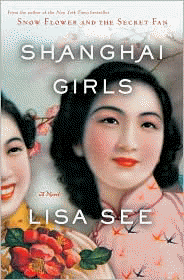
The life and death of Pat Tillman has a symbolic resonance that continues to echo far and wide. In a country rife with anxious masculinity, he was a powerful example of a certain American ideal: a strong, independent-minded man with both brawn and shrewd intellect, a taste for challenge, and a compassionate, questioning soul.
Tillman — an NFL player, amateur philosopher, volunteer soldier, and freethinker who believed the Iraq War was wrong — was killed accidentally by his fellow soldiers in Afghanistan. Because he died during a war-mongering era that represented the worst aspects of American masculinity — and because his friendly-fire death in April, 2004, was subsequently packaged by the Bush administration as a heroic death in combat — the public hasn’t lost interest in his story. He’s been the subject of countless articles and TV news specials, and his mother Mary wrote a memoir, Boots on the Ground by Dusk, about him and her family’s search for the truth about his death. Now journalist Jon Krakauer, author of the best-selling adventure yarns Into Thin Air and Into the Wild, has added to the body of knowledge with his book Where Men Win Glory: The Odyssey of Pat Tillman.
Both books portray Tillman as a young man whose joie de vivre and need to delve further into life was insatiable — and led to his fateful army enlistment. His mother writes about him repeatedly hurling himself out of the crib as a baby, while Krakauer describes him leaping over and over again from a cliff to a tree branch as a young man.
Mary Tillman writes in straightforward prose, a mixture of present and past tense, telling an agonizing, step-by-step story of her journey from grieving mom to crusader for the truth, intertwined with memories of her son. Boots on the Ground is filled with tiny, tangible moments that carry personal weight: “I looked up at the eucalyptus tree where Pat would so often sit when he was young. The light shining through the leaves and shredded bark was so bright, my vision blurred and I diverted my eyes,” she writes of a day when people had come to pay respects to her deceased son.
“We all look around uncomfortably at each other. Something isn’t right about this,” she says when describing her family’s meeting with an army official. “At the close of the meeting we agree to disagree, but I promise them we are not going away,” she says of the end of another unsatisfying summit.
But while Mary Tillman’s story is of a family driven nearly mad by the army’s lack of empathy for its pain, Krakauer has a different purpose. Where Men Win Glory depicts a government driven senseless by the need to justify its aggression. War is an inherently dark and messy thing, he reminds us in a book that ranges from intimate personal excerpts taken from Pat Tillman’s diary to a history of foreign engagement in Afghanistan. What made the wars of the Bush administration so singular — and senseless — was a culture in which the appearance of “mission accomplished” mattered more than the reality.
As Krakauer shows, Tillman didn’t die simply because a group of soliders fired wildly and indiscriminately at its own comrades. It was also because, in order to make it seem as though they were getting something done in the “War on Terror,” desk commanders insisted on splitting Tillman’s unit up, disregarding the ground officers’ orders, and on rushing the soldiers through a dangerous area during the daytime when they were vulnerable to insurgents. The desk commanders wanted, quite simply, “boots on the ground by dusk.”
Perhaps even more chillingly, the effort to keep up the appearance of success by masking the ugly truth of Tillman’s death from the public and his family went far up the chain of command. The evidence, says Krakauer, indicates that Tillman’s regiment “engaged in an elaborate conspiracy to deliberately mislead the family, and high-ranking officials at the White House and the Pentagon abetted the deception.”
Where Men Win Glory is also an interesting counterpoint to The Terror Dream, in which author Susan Faludi focuses on the story of Jessica Lynch, who was “rescued” from a hospital in Iraq and, like Tillman, falsely branded as a hero to boost wartime propaganda. Krakauer notes the similarities between the two cases — as did the congressional hearings that examined both of them.
Ultimately, the Tillman books complement each other: Mary Tillman’s is personal and detailed, Krakauer’s is tightly written with a wide scope. The story is so compelling that many will want to read both, although those with no previous knowledge will find Krakauer provides the clearer introduction to the story.
- Follow us on Twitter: @inthefray
- Comment on stories or like us on Facebook
- Subscribe to our free email newsletter
- Send us your writing, photography, or artwork
- Republish our Creative Commons-licensed content





 Sudden weight loss doesn’t make life as a woman any less heavy.
Sudden weight loss doesn’t make life as a woman any less heavy.